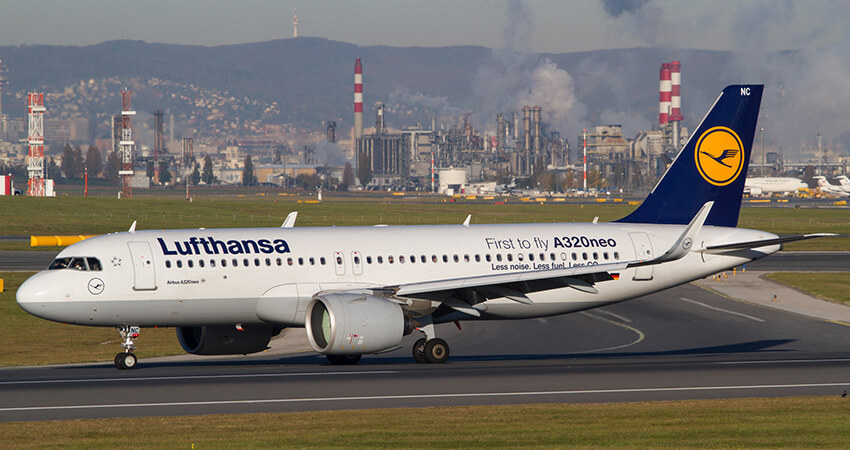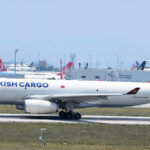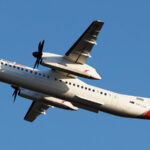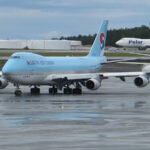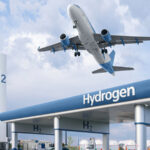Airbus’s carbon capture initiative is gaining traction. In 2022, easyJet, a leader in the low-cost sector, joined the effort. However, the aircraft manufacturer’s program took a significant leap with the inclusion of the Lufthansa Group in late 2023.
This is an effort to reduce carbon footprint and move towards a more sustainable future in the aviation industry. It involves a complex technology offered through the Airbus Carbon Capture Offer, aiming to offset emissions with carbon dioxide capture. Specifically, it utilizes direct air carbon capture and sequestration (DACCS) to provide carbon removal credits to airlines worldwide.
The DACCS Technology
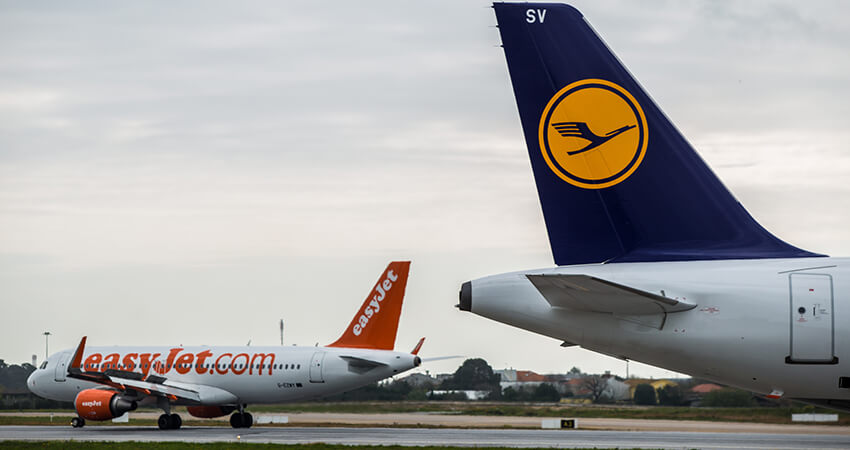
Carbon capture [capture carbon] is a highly potential process involving filtering CO2 emissions directly from the air using high-powered fans. The DACCS technology is complemented by processing and converting this carbon dioxide into liquid form. Once removed from the air, CO2 is stored in underground geological deposits.
While emissions released into the atmosphere during aircraft operations cannot be eliminated directly at their source, the use of carbon capture [carbon capture] allows airlines to invest through Airbus in this initiative to reduce their environmental impact.
This technology adds to other carbon reduction strategies, with the most significant focus on directly reducing what aircraft produce through combustion. This involves a shift in aviation energy, either through the use of Sustainable Aviation Fuel (SAF) or hybrid and electric models.
The industry is investing in SAF production from renewable energies. Lufthansa, in particular, is committed to undertaking such technological and cultural changes in the sector.
Corporate Strategies
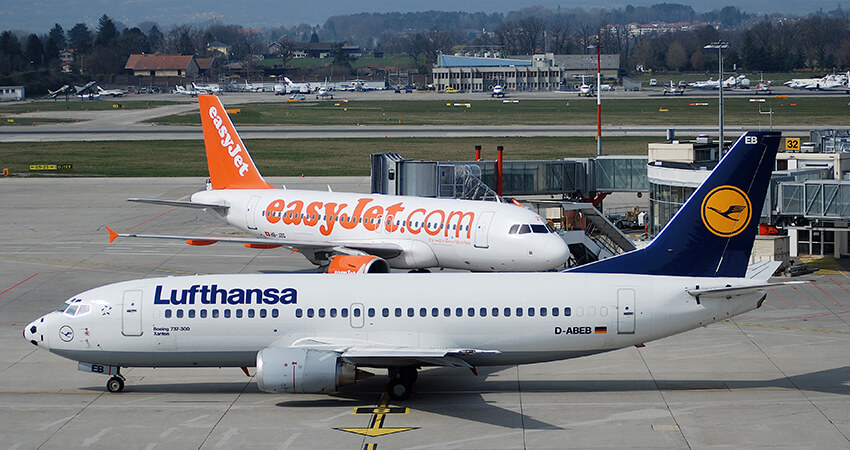
Airbus’s carbon removal initiative is based on its partnership with the company 1PointFive, including the pre-purchase of 400,000 tons of carbon removal credits to be delivered over four years. This U.S.-based company implements the DACCS technology, representing a significant push for net emission reduction.
Airlines have a target in mind (and in their corporate commitments): 2050. By that date, governments and companies, especially in Europe and other developed countries, have committed to reducing their emissions. In particular, the aviation sector has set the goal of achieving net-zero emissions by that time.
Initiatives like these are a step in that direction for these companies. “We believe carbon removal will play a vital role in addressing our residual emissions, complementing other efforts to achieve our net-zero emissions goal,” explained Thomas Haagensen, Director of Markets at easyJet. “Our ultimate goal is to achieve zero-carbon flights,” he added. According to him, these initiatives could “accelerate the development of zero-emission aircraft.”
For Airbus, it is part of a strategic vision. “Initiatives like this reflect Airbus’s commitment to decarbonization solutions for our industry and foster collaboration between airlines and stakeholders from different sectors to build a sustainable aviation ecosystem,” detailed Julie Kitcher, Executive Vice President of Communications, Sustainability, and Corporate Affairs at Airbus.
Lufthansa and Carbon Capture

The Lufthansa Group joined this initiative as part of its sustainability strategy. The contract signed with Airbus involves the pre-purchase of verified and durable carbon removal credits, totaling 40,000 tons of CO2. This represents 10 percent of the total acquired by the Airbus Carbon Capture Offer. The credits will begin to be utilized in 2026, involving 10,000 tons annually until 2030.
Caroline Drischel, Head of Corporate Responsibility at the Lufthansa Group, emphasized that this initiative plays “a complementary role in achieving our decarbonization goals.” For her, achieving net-zero carbon dioxide emissions is more related to “million-dollar investments in the continuous modernization of the fleet” and the commitment to “Sustainable Aviation Fuels.”
However, the company has set much more ambitious goals than other competitors. By 2030, it aims to reduce its net CO2 emissions by half compared to 2019, through both reduction measures and compensation. The group declares itself “aligned with the goals of the 2015 Paris Climate Agreement.”
In addition to the mentioned strategies, Lufthansa seeks continuous optimization of flight operations. Furthermore, it has an aggressive offering for private travelers and corporate clients to make air transport more sustainable by reducing private flights. The company ensures that its environmental commitment is “above” the common standard in the aviation sector.
